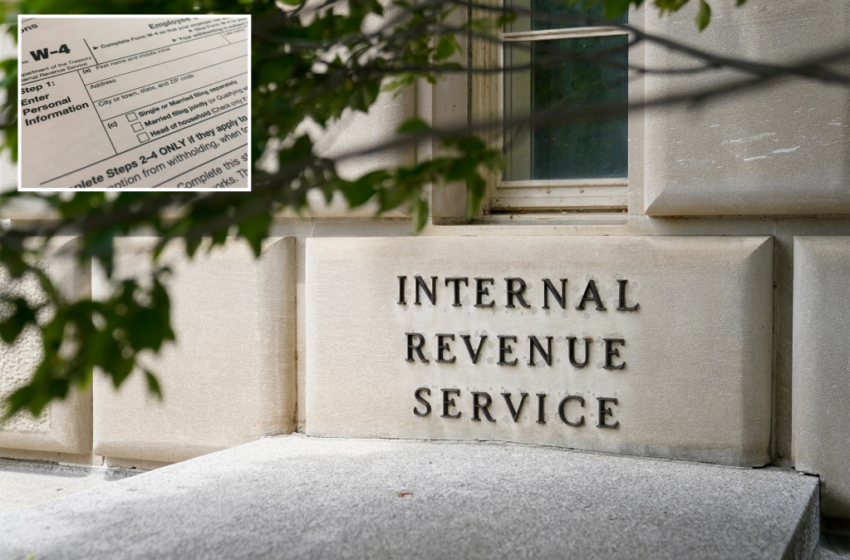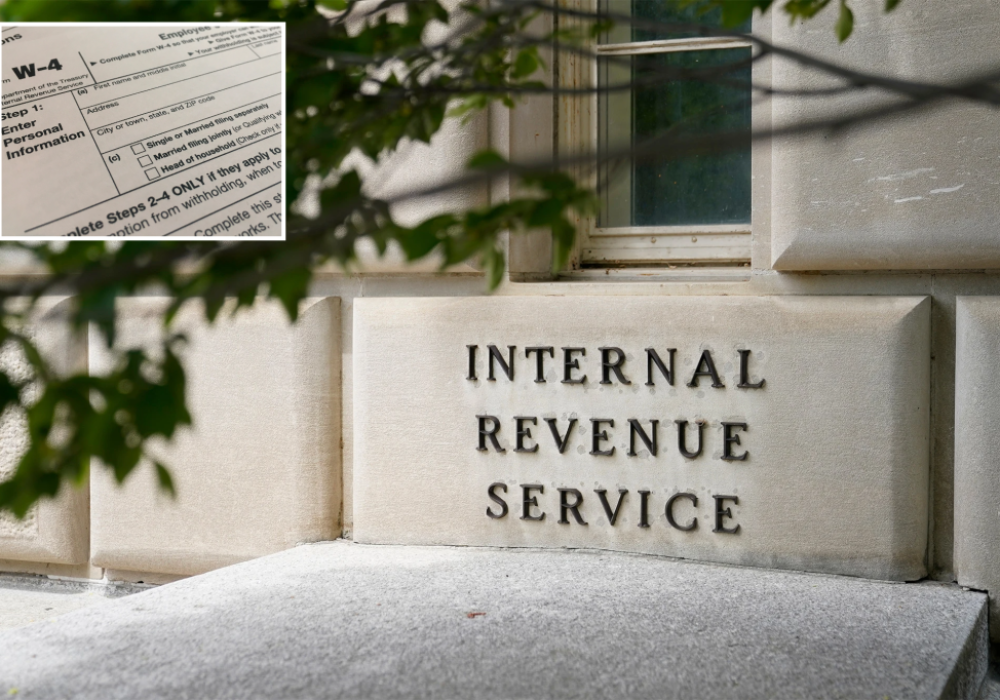The Internal Revenue Service warned Monday of a “frustrating” tax filing season in the coming weeks as the agency contends with a backlog of returns, staffing shortages and a massive increase in phone calls from taxpayers.
The IRS cautioned it is still working on “prior-year individual tax returns that have not been fully processed.”
“In many areas, we are unable to deliver the amount of service and enforcement that our taxpayers and tax system deserves and needs. This is frustrating for taxpayers, for IRS employees and for me,” IRS Commissioner Chuck Rettig said in a statement. “IRS employees want to do more, and we will continue in 2022 to do everything possible with the resources available to us.”
The agency said it will accept individual tax returns for 2021 on Jan. 24, with a filing deadline of April 18 for most taxpayers.
The IRS regularly enters filing season with a backlog of approximately 1 million tax returns from the prior year, but the logjam appears to be significantly worse this year. Treasury Department officials warned the agency faces “enormous challenges,” with a backlog “several times” higher than normal.

The exact number of tax returns waiting to be processed is unclear, but the IRS had 6 million unprocessed individual returns as of late December, according to its website.
Pandemic-era stimulus payments have complicated processing efforts for the IRS. The agency is also contending with a surge in phone calls during the pandemic. Last year, the IRS received more than 145 million calls from January 1 through May 17, or more than four times its normal call volume.
Despite the warning, the IRS said it expects most taxpayers to receive their refund within three weeks, provided they file electronically and set up direct deposit.

This year’s filing deadline is slightly later than the usual date of April 15. Officials said the change was made to account for the observation of the Emancipation Day holiday in Washington, DC.

As part of his social spending bill, President Biden has called for an additional $80 billion in IRS funding to support a hiring spree, increased audits and better technology. Biden argues the funds will help crack down on tax cheats and close the “tax gap,” or the difference between what Americans owe and what the IRS collects.
Republicans oppose the effort to expand the IRS, arguing the initiative would be too invasive and harmful to ordinary Americans.











